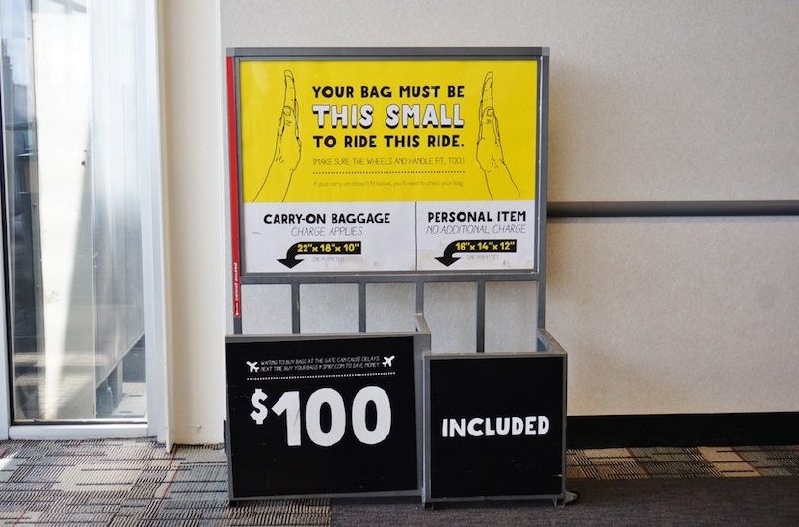
Flight rates have definitely become more affordable decades after The Golden Age of Flying which was between the 1950s and the 1960s. Back then, traveling by air was a total luxury with a one-way ticket from New York to Geneva costing anywhere from $328 to $2,775!
With so much choices these days, it can be difficult to nick-pick which flights are of best value. Published prices can be tricky as some advertisers deliberately miss out on add-ons such as airline taxes, then surprise the traveler upon online checkout.
In the US, the Transparent Airfares Act was passed in 2014 forcing airlines and third-party online booking agencies to publish their all-in fares. But with many opportunities to get exempted, such as publishing flights through affiliate websites based in countries outside the US, the crackdown proves to be far from over.
Charlie Leocha, Director of Travelers United, says, "When mandatory taxes and fees-- TSA (Transportation Security Administration) security fees, airport facility charges and other fees-- are applied to these fares, the final price can soar by more than 100 percent. It's flat-out misleading and deceptive. It's legalized bait-and-switch advertising."
Flights can be good deals when booked online, but it is important to avoid the following as these may cost the traveler so much more in the end:
1. Avoid relying on just one flight booking website
It is best to check out two to three websites when looking for a flight, and this includes the airline's own website. Many times, third-party sites offer good deals but miss out on otherwise 'free' services such as in-flight meals and SMS flight reminders.
2. Avoid skipping on fine print
Many flight booking sites make it easy for travelers to book for flights, but make it difficult for them to read purchase particulars. Details that travelers always have to look for are flight inclusions such as check-in and carry-on luggage weight provisions, taxes, insurance coverage, layover times, in-flight meal availability, flight rebooking conditions, and online payment fees. Sometimes online bookings miss out on taxes and the traveler is asked to pay for terminal taxes upon arrival at the airport. If details are unclear, it is safer to call published contact numbers for clarifications.
3. Avoid checking the same booking sites on a regular browser
It is a little-known fact that flight booking sites rely on cookies and caches to monitor a certain browser's common searches. Leaving online footprints for trackers to see is detrimental as this can spike up prices the next time a traveler checks on the same flights. Be sure to clear cache and cookies every time a flight search is made, or better yet, use a private or incognito window.






